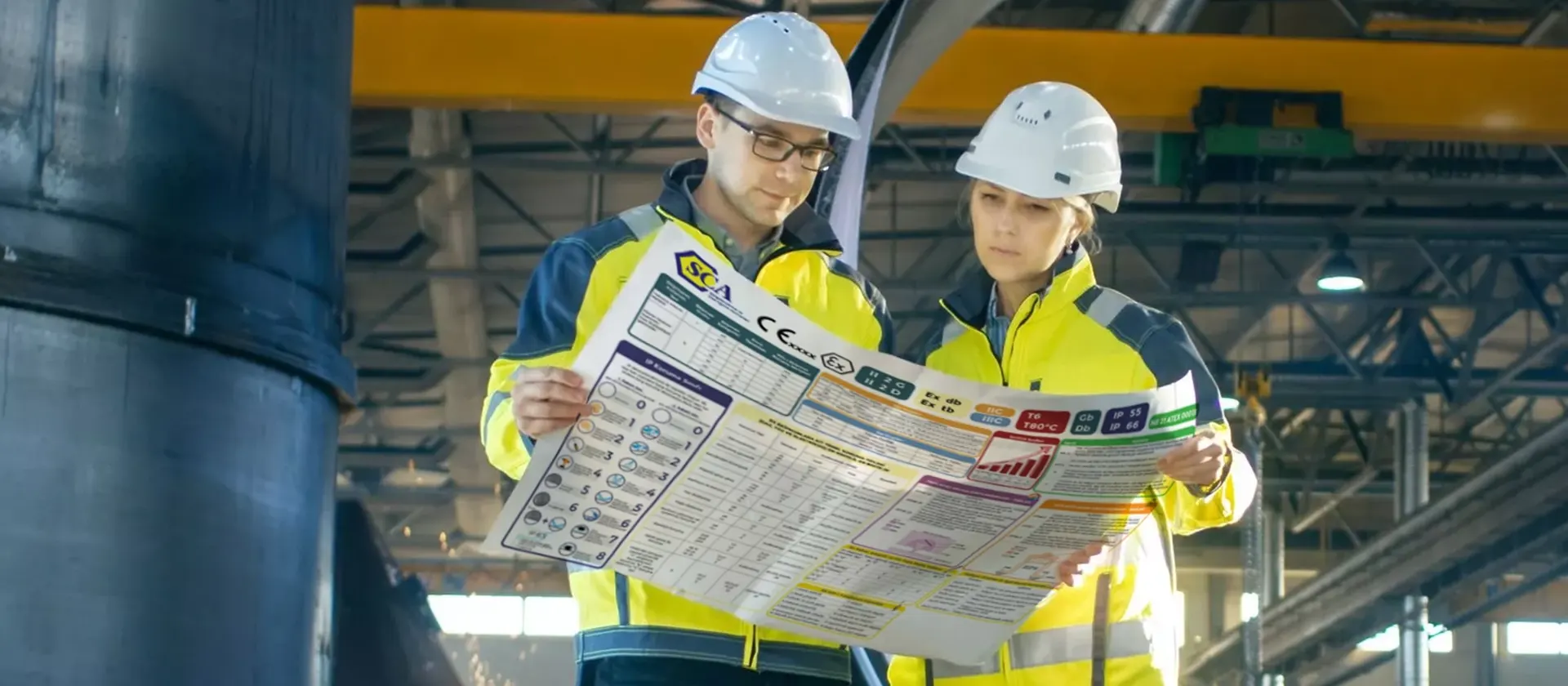Material Standards & Certification Testing
In the realm of metallurgy and material testing, the demand for stringent quality control and compliance with international standards has never been more critical. Material standards and certification testing are essential to ensure that materials used in various sectors meet specified performance criteria and safety regulations.
The process begins with understanding the specific requirements set by governing bodies like ISO, ASTM, EN, and others. These organizations establish benchmarks that must be adhered to for products entering the market or being used within regulated industries. For instance, the ISO 9001 standard ensures quality management systems are effective and compliant with international best practices.
The testing process involves rigorous procedures that include sample preparation, mechanical testing, chemical analysis, and non-destructive evaluation. Each step is crucial in validating the material's properties against predefined standards. This approach not only enhances product reliability but also fosters trust among end-users and regulatory bodies.
Our laboratory adheres to these stringent protocols using state-of-the-art equipment and skilled personnel. We offer a comprehensive range of services tailored to meet the needs of our clients, including:
- Material testing for metals, plastics, composites, and ceramics
- Compliance with international standards such as ASTM E8M-18, ISO 6892:2019, EN 15737:2014
- Safety testing for hazardous materials
- Environmental impact assessment of materials
The importance of this service cannot be overstated. In sectors like aerospace, automotive, and construction, the failure to meet material standards can lead to catastrophic consequences. By ensuring that every batch or component meets these stringent requirements, we contribute significantly to public safety.
| Standard | Description |
|---|---|
| ASTM E8M-18 | American Society for Testing and Materials standard specifying the test methods of tensile, yield strength, and elongation. |
| ISO 6892:2019 | International Organization for Standardization's standard on mechanical testing of metals. |
| Standard | Description |
|---|---|
| EN 15737:2014 | European standard for the mechanical testing of metallic materials. |
| IEC 60068-2-9 | International Electrotechnical Commission's standard on thermal shock and temperature cycling tests. |
The testing process is meticulous, involving precise sample preparation to ensure accurate results. From cutting specimens according to specified dimensions to performing complex mechanical tests like tensile or impact tests, every step requires expertise and precision. The use of advanced instrumentation such as universal testing machines, scanning electron microscopes (SEM), and X-ray diffractometers further enhances the accuracy and reliability of our test results.
Once the tests are completed, detailed reports are generated, providing comprehensive insights into the material's properties. These reports are invaluable tools for quality managers, compliance officers, R&D engineers, and procurement teams in making informed decisions about their materials.
Applied Standards
The application of international standards is paramount in ensuring that materials used across various industries meet the highest level of performance. Below are some key standards that our laboratory adheres to:
| Standard | Description |
|---|---|
| ASTM E8M-18 | American Society for Testing and Materials standard specifying the test methods of tensile, yield strength, and elongation. |
| ISO 6892:2019 | International Organization for Standardization's standard on mechanical testing of metals. |
| EN 15737:2014 | European standard for the mechanical testing of metallic materials. |
| IEC 60068-2-9 | International Electrotechnical Commission's standard on thermal shock and temperature cycling tests. |
The standards mentioned above are crucial in ensuring that materials used across various industries meet the highest level of performance. By adhering to these standards, we can guarantee consistent quality and reliability in our testing processes.
Quality and Reliability Assurance
- Dedicated quality assurance team for every project
- Regular calibration of all testing equipment
- Use of advanced software for data analysis
- In-depth training programs for laboratory staff to ensure compliance with international standards
- Continuous improvement initiatives based on feedback and performance metrics
The quality and reliability assurance processes are integral to our testing services. We employ a dedicated team of experts who oversee every aspect of the process, ensuring that all tests meet the highest standards of accuracy and precision.
Our commitment to quality is further demonstrated through regular calibration of all our testing equipment. This ensures that each measurement is accurate and reliable, contributing to the overall integrity of the test results. Advanced software tools are used for data analysis, providing deeper insights into material properties. The continuous training of laboratory staff ensures they remain up-to-date with the latest techniques and methodologies.
At our core, we believe in constant improvement. By analyzing performance metrics and gathering feedback from clients, we identify areas for enhancement and implement changes accordingly. This approach guarantees that every test conducted is not only accurate but also meets or exceeds industry expectations.
Environmental and Sustainability Contributions
The environmental impact of materials used in various industries has become a critical concern. Our laboratory recognizes the importance of minimizing this impact through our testing services. By ensuring that materials meet stringent standards, we contribute to sustainable practices across sectors.
We work closely with clients to understand their specific sustainability goals and integrate them into our testing protocols. This approach ensures that every test conducted aligns with broader environmental objectives. For instance, in the automotive industry, lightweight materials are increasingly being used to reduce fuel consumption and emissions. Our testing services help ensure these materials meet the necessary safety and performance criteria.
In addition to this, we also offer testing for recycled materials, helping manufacturers validate their sustainability claims. By ensuring that recycled materials meet the same stringent standards as new ones, we support a circular economy approach.





